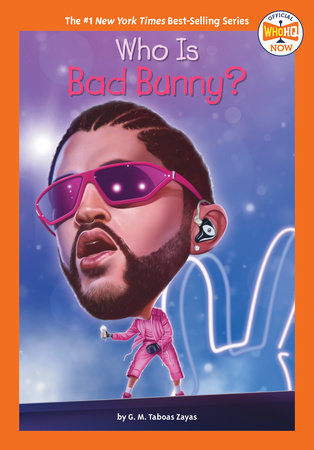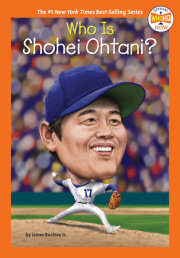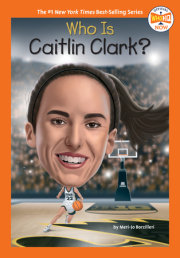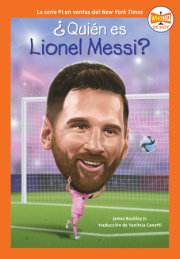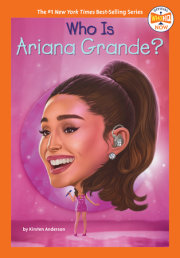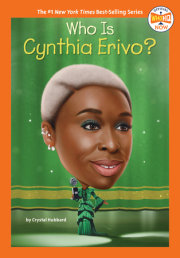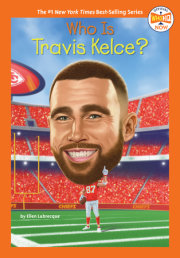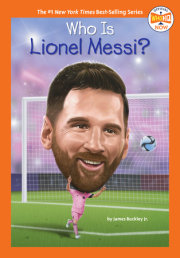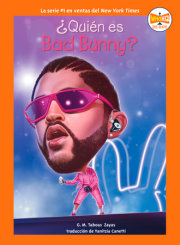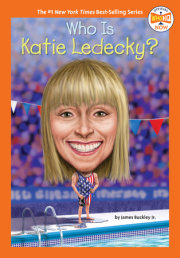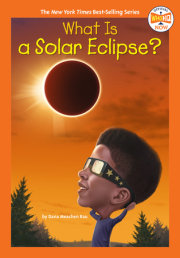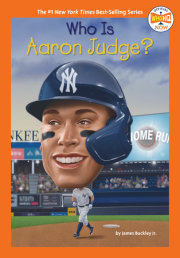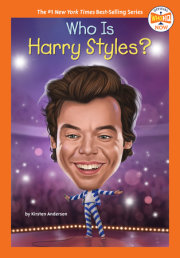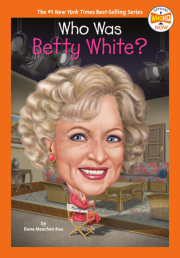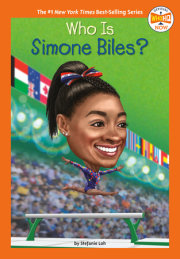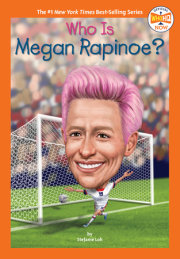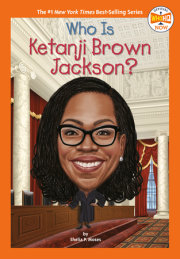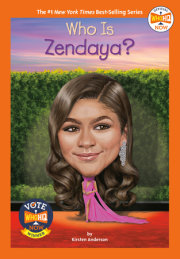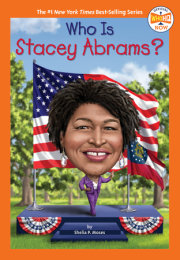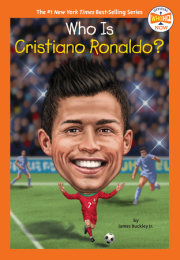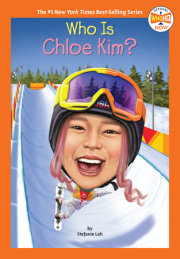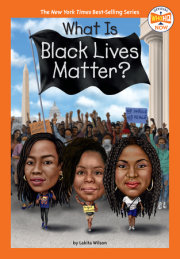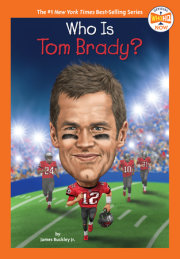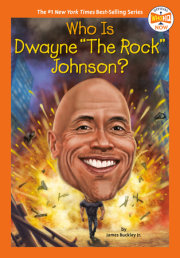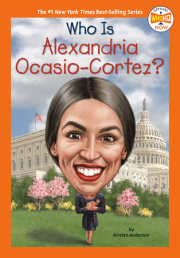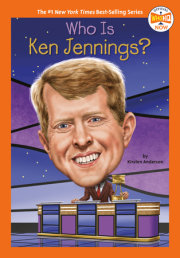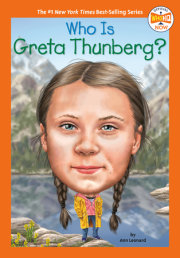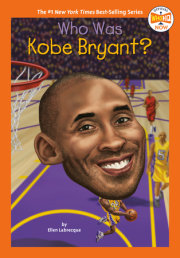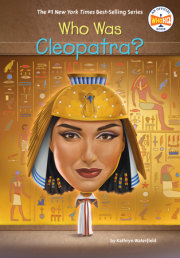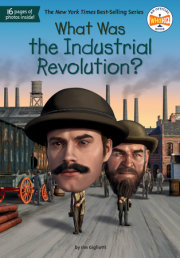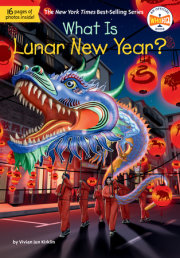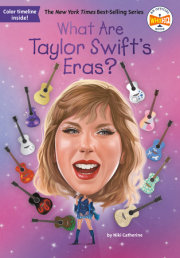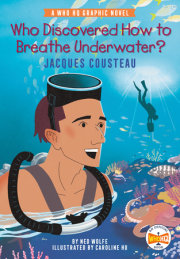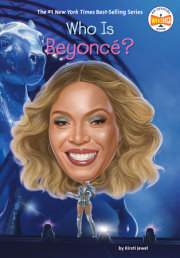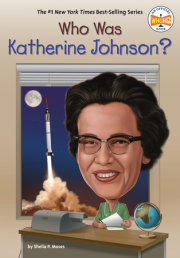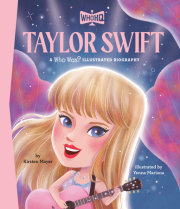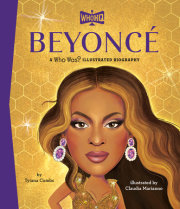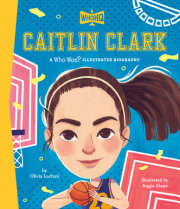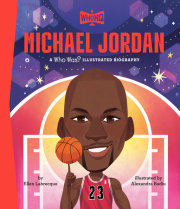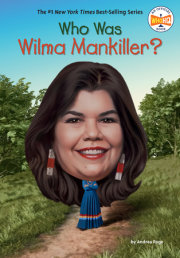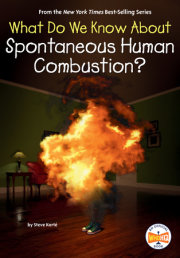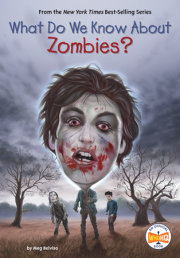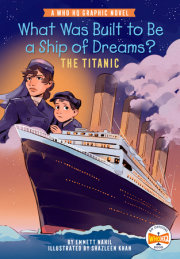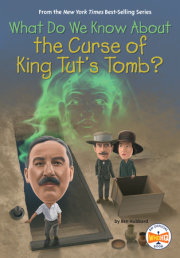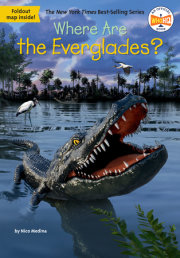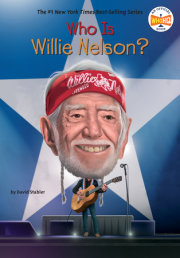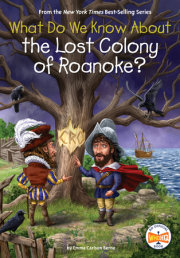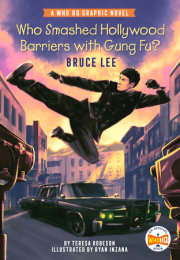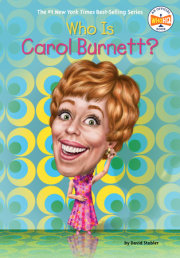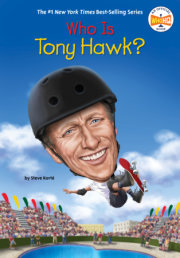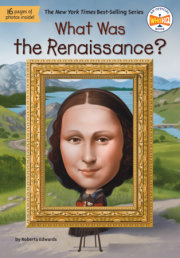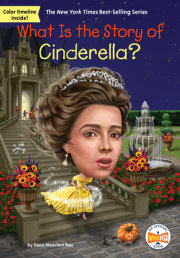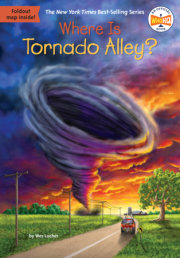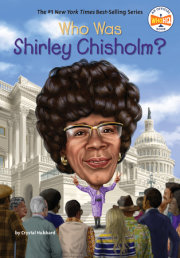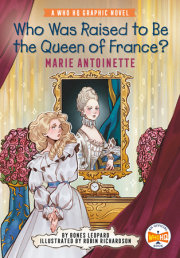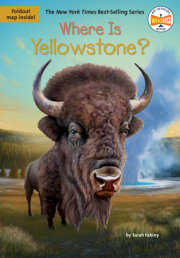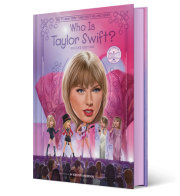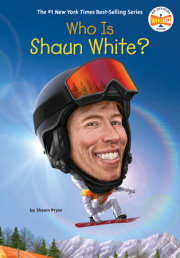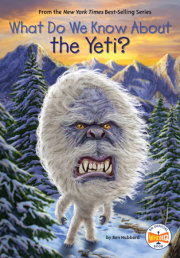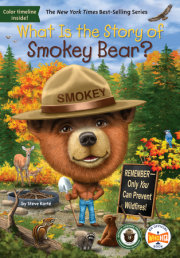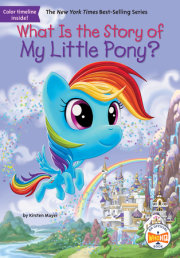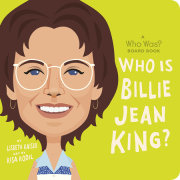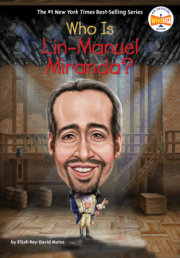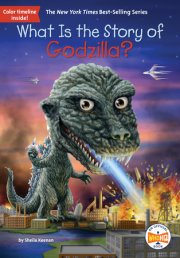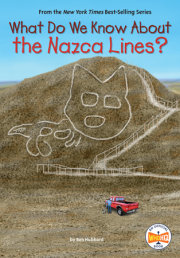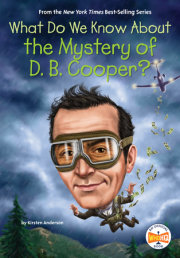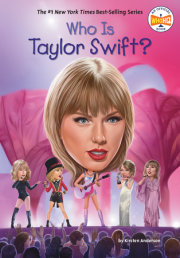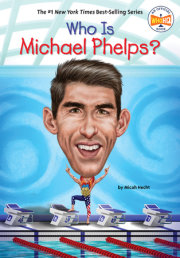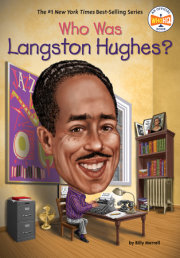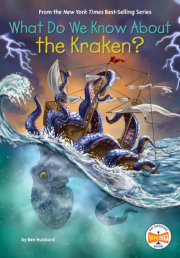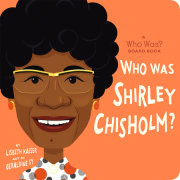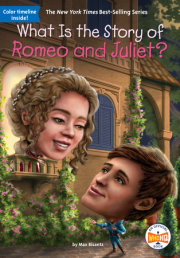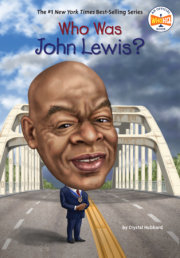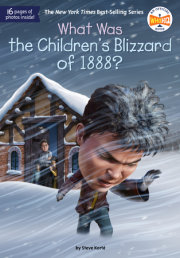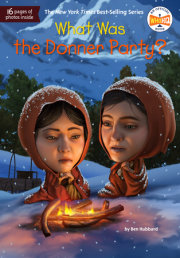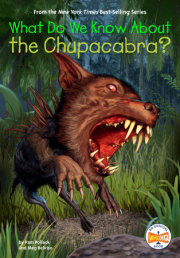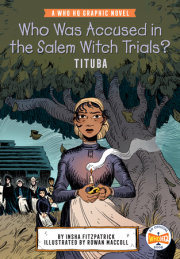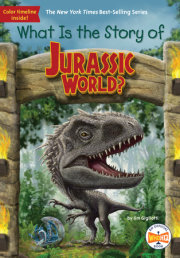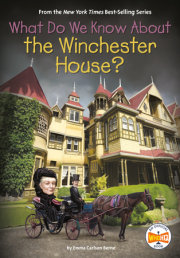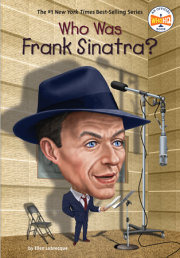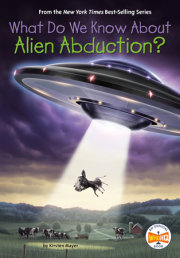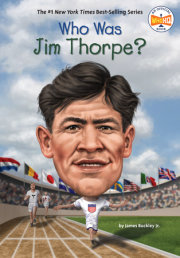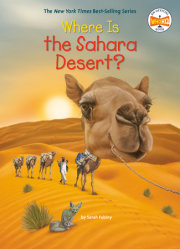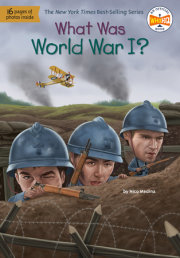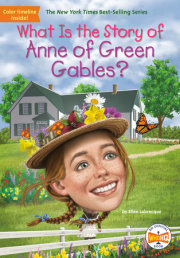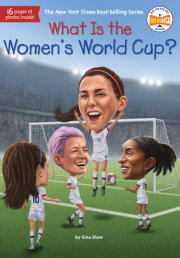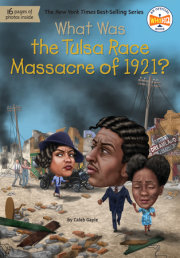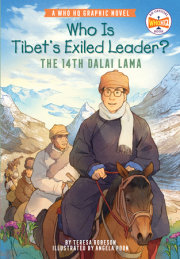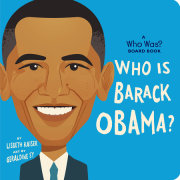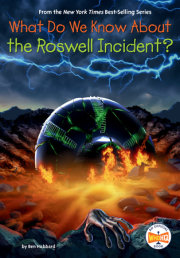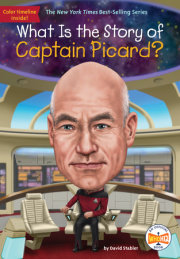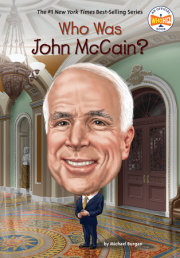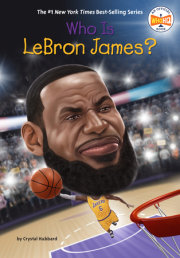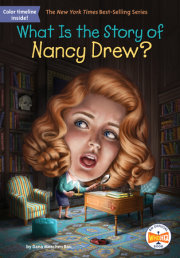Who Is Bad Bunny? On February 5, 2023, Benito Antonio Martínez Ocasio, known throughout the world as Bad Bunny, prepared to perform at the sixty--fifth annual Grammy Awards.
Backstage, performers warmed up and got dressed as plena dancers, a type of music and dance born in Puerto Rico that blends African and Latin American music. Some even wore cabezudos, giant heads made of papier--mâché, representing famous Puerto Rican icons like poet Julia de Burgos, baseball legend Roberto Clemente, singer Tego Calderón, and many more.
Benito opened the event with a burst of tambourines, drums, and the plena dancers moving around him before beginning with “El Apagón,” “The Blackout,” a song that tackled the ongoing blackouts in Puerto Rico and celebrated his pride as a Puerto Rican. He followed it with “Después de la Playa,” “After the Beach,” with Dahian el Apechao’s Dominican band playing and over forty performers dancing merengue. They moved among celebrities like Jack Harlow, Taylor Swift, and LL Cool J.
For many Bad Bunny fans from Puerto Rico, the scene depicted the first day of San Sebastián, a festival filled with artisans, music, food, and endless fun. But this night was special for Benito. Not only was his album
Un Verano Sin Ti, “A Summer Without You,” nominated for Best Música Urbana Album and his song “Moscow Mule” nominated for Best Pop Solo Performance, but he made history as the first artist with a Spanish--language album to be nominated for Album of the Year, alongside Harry Styles’s album
Harry’s House, Adele’s
30, and Beyoncé’s
Renaissance.
That night, Benito did not win Album of the Year. But he won Best Música Urbana Album. In English and Spanish, he thanked his fans, his friends, and producers, and dedicated the award to Puerto Rico, the birthplace of reggaeton (say: reh--gey--ton), a musical style that combines hip-hop, dancehall reggae, and Caribbean music.
“I made this album with love and passion,” he said to the crowd. “And when you do things with love and passion, everything is easier.”
CHAPTER 1 Growing Up in Vega Baja,
Puerto Rico Benito Antonio Martínez Ocasio was born in Vega Baja, Puerto Rico, on March 10, 1994. His father, Tito, was a truck driver and his mother, Lysaurie, a schoolteacher. In time, he had two younger brothers, Bysael and Bernie. The family lived in Almirante Sur, a small community nestled between the beach and mountains, just forty minutes away from the capital city of San Juan.
While life wasn’t always easy, his parents did their best to provide for their three sons. Their trips to San Juan were special occasions. Benito and his brothers enjoyed visiting music stores there and staring at the music albums and DVDs they displayed.
While many of his classmates saw Benito as the class clown, he always preferred to be at home with his family. He loved playing outside and pretending to be a WWE (World Wrestling Entertainment) wrestler or swimming in the river in Vega Baja. The first time he ever left the island was to visit family in the United States, and his brothers remember how he cried the entire plane ride.
Benito’s love of music came at an early age. His parents played different styles of music around the house, from salsa, merengue, and pop ballads to early reggaeton. But no single artist inspired him. Instead, the entire Latine movement—-led by giants such as Hector Lavoe, Marc Anthony, Tego Calderón, and many more—-fueled Benito’s dreams of making music and having people listen to it. For Christmas and Día de los Reyes (Three Kings Day), instead of toys he’d ask for CDs by singers like Marc Anthony, Vico C, and even bolero music (Cuban love songs). He’d listen to each CD until well past midnight, always getting in trouble with his parents for staying up late.
Benito sang in the church choir until he was thirteen. And for his middle school talent show, he sang “Mala Gente,” “Bad People,” by Colombian rocker Juanes, showing off his strong vocal style, even though he was terrified of performing onstage. He began to learn how to make beats using computer programs like FruityLoops and started freestyling at school. Benito even introduced FruityLoops to his childhood friend Ormani Pérez, who would later become his closest collaborator on his biggest hits.
By high school, Benito’s taste in music expanded to experimenting with reggaeton and trap music, a type of rap, creating original music with his friends. His classmates still viewed him as the class clown as he created rhymes on the spot, teasing his friends. But outside of school, Benito took his art more seriously. He was driven by his love of music and support from his friends, who urged him to share his music online.
Even though Benito knew he had the talent, he refused to post any of his original songs just yet. But something began to change in Benito, and in an interview with the online magazine
Fader he said, “little by little, something was working in my mind,” and he knew his friends were right and that he needed to share his talent outside the comfort of his home and school.
CHAPTER 2 The Birth of Bad Bunny After he graduated high school, Benito attended the University of Puerto Rico at Arecibo, studying audiovisual communications, and worked part--time in an Econo supermarket. Benito failed all his university classes in his first semester except for the ones in his major and mathematics. He was too busy writing lyrics and creating beats and rhythms to make much time for schoolwork.
Thanks to his friends’ support, Benito started uploading his first few songs in 2016 to SoundCloud, a music streaming service. He released his songs under the name “Bad Bunny,” inspired by a childhood picture of him dressed as the Easter Bunny for school.
His single “Diles,” “Tell Them,” became a runaway hit, gaining more and more attention online. By the time DJ Luian from Hear This Music record label discovered him, the song had already hit over one million streams!
Now with a record company behind him, Benito got to work, releasing several singles on YouTube and performing anywhere he could. By the end of 2016, his single “Soy Peor,” “I’m Worse,” a song about breaking up with someone and wondering if it’s for the best, hit the Hot Latin Songs chart at number nineteen.
In an interview, Benito said, “[It] confirmed what I already knew. It let me know that I had the talent to achieve something.” And, much like his growing fan base, his collaborations expanded to include performances with singers like Ozuna, Karol G, J Balvin, and other artists he would continue to work with many more times during his career.
Benito not only became known for his powerful baritone voice, fun lyrics, and danceable beat but also for his fashion. As Bad Bunny, he performed with manicured hands and brightly colored clothes. His style was unique, a lot like his music, and allowed him to express himself the way he wanted to. He did not define clothes as made for boys or girls but wore whatever made him feel the most confident in that moment.
In 2017, Puerto Rico was struck by Hurricane María. Almost three thousand people were killed and over three hundred thousand homes were destroyed. Benito, now twenty--three years old, had been on tour in South America and was writing his first solo album. Distressed by the news, he flew home to be with his family, who were without power for months. “I would’ve given anything to have been there in that moment,” he said in an interview with
Rolling Stone magazine.
The hurricane and its aftermath sparked Benito’s interest in politics. He was furious because Puerto Ricans had been left without food, water, electricity, and other resources for months that dragged on into years. Benito would later dedicate the song “Estamos Bien,” “We’re Okay,” to the victims of Hurricane María.
Copyright © 2024 by Penguin Random House LLC. All rights reserved. No part of this excerpt may be reproduced or reprinted without permission in writing from the publisher.





